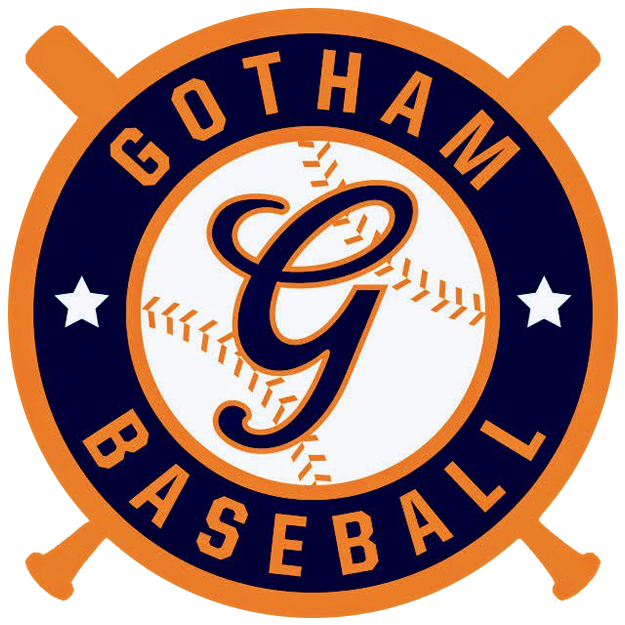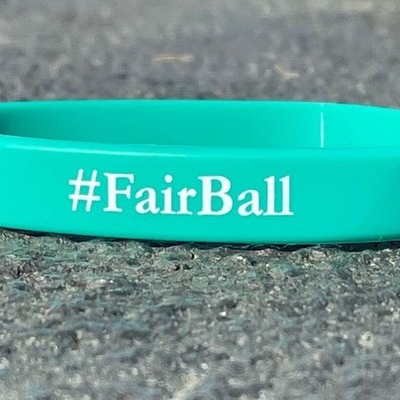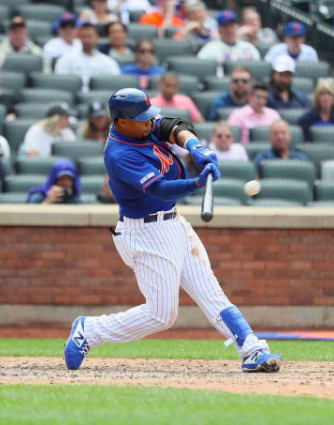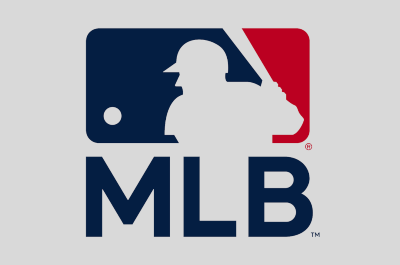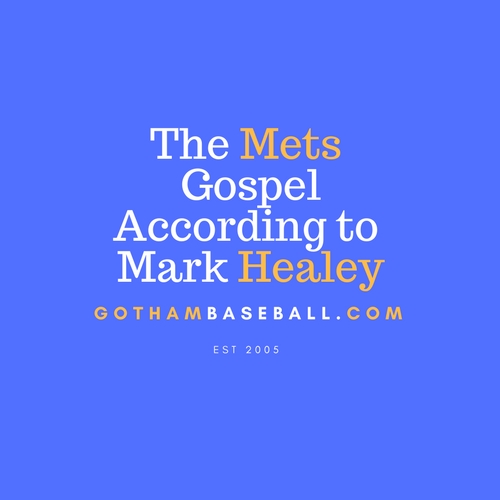This season has finally brought one of the nation’s most perplexing labor issues to the national spotlight. While Major League Baseball makes more money than ever, offers their players unprecedented contract values, and increases the value of each franchise, Minor League Baseball players often lose money each year.
On Saturday, September 18th, Advocates for Minor Leaguers marked the end of its first season fighting on behalf of Minor League baseball players by hosting a Fan Appreciation Day around the country.
Months in stealth planning, baseball-loving volunteers from coast-to-coast distributed literature and solidarity wristbands demanding “#FairBall” for all Minor League players. In what turned out to be the National flagship event in Brooklyn, New York, both the New York Mets and Philadelphia Phillies Minor Leaguers donned the wristbands in an unprecedented act of solidarity by players themselves.
“Minor League baseball players have been severely underpaid and silenced for decades,” the players said in a statement. “Today, we are wearing #FairBall wristbands to show our solidarity with every fan and ally who is working to change that. We love the game of baseball, but it needs to evolve. It is time for every Minor Leaguer to be paid a living wage.”
“We are proud of these players for standing up for themselves and each other,” Advocates for Minor Leaguers Executive Director Harry Marino said. “Their message should be heard loud and clear across this industry: it is time to pay Minor Leaguers a living wage.”
The concept of #FairBall is long overdue. Major League Baseball has had an antitrust exemption for a century. This exemption means that federal antitrust laws actually don’t apply to Major League Baseball. They apply to any business in your town or city and to any other professional sports league.
But because MLB still has their antitrust exemption, in practice, teams are legally permitted to collude on Minor League salaries. Not only do most Minor League players earn less than $15,000 per year, many suffer from housing and food insecurity. Still others have detailed significant mental health issues that they attribute in part to the oppressive conditions in the Minors.
“By any measure, this has been a season of progress for Minor League players,” Marino added. “As a result of public pressure, a number of teams changed their housing, extended spring training, and meal policies mid-season. Other teams are actively considering changes for next season. We greatly appreciate every player and fan who took action over the last few months–your work has made a real difference.”
This is clearly an issue that Major League Baseball should have self-addressed decades ago not only in the name of basic human fairness, but because conditions for Minor Leaguers will irreparably harm their own game.
Imagine being a Minor League player early in your career. Obviously you have potential, so the MLB team signed you and hopes that one day you can make a significant contribution to the parent club. So while you’re trying to hone your craft in the Minors to move up the depth chart, while you’re sharing an apartment with seven other players and eating fast food every day because it’s all you can really afford, the Major League player you’re trying to catch has proper nutrition, rest, training, and a nice place to live. Will you ever make a contribution to the team or will the gulf always widen between you and them? This is a daily practical dilemma, not one based in sports theory.
These are precisely the issues that volunteers discussed with fans on Saturday in a successful attempt to shed light on MLB’s poor business and human rights practices. In addition to the event in Brooklyn, volunteer teams handed out solidarity wristbands and distributed literature at Minor League games in Gwinnett County, GA, Davenport, IA, Omaha, NE, Sacramento, CA, Lake Elsinore, CA, and Rancho Cucamonga, CA.
“We are proud of our significant victories this year,” Marino added, “but there is much work yet to be done. We are excited by today’s national event, which proves that players and fans alike are ready to do that work.”
The impact of Saturday’s events were immediately felt.
On Sunday, Mets manager Luis Rojas and Phillies star Andrew McCutchen expressed their public support for the #FairBall movement. It’s impossible to overstate the importance to Minor League players in knowing that one of the most prominent Major League Baseball stars as well as the manager of one of the most storied franchises publicly supports the #FairBall cause.
This groundswell of support will need to continue in the off-season. While this was a remarkably harmonious note on which to end the season, the significant challenges ahead are going to need not only fans, players, advocates, and media to amplify the message, but also legislators and the courts. Absent a long-overdue eradication of MLB’s antitrust exemption, players will need to rely on newfound goodwill of a league that has never shown them the respect they deserve because they earn it on the field and in the clubhouse every single day. Until significantly better working conditions are legislated or dictated by the highest court in the land, long-term, foundational change for the game remains an aspiration rather than a reality.
About Aron Solomon
Aron Solomon, JD, is the Chief Legal Analyst for Esquire Digital and the Editor of Today’s Esquire. He has taught entrepreneurship at McGill University and the University of Pennsylvania, and was elected to Fastcase 50, recognizing the top 50 legal innovators in the world. Aron has been featured in CBS News, TechCrunch, The Hill, BuzzFeed, Fortune, Venture Beat, The Independent, Yahoo!, ABA Journal, Law.com, The Boston Globe, and many other leading publications.
